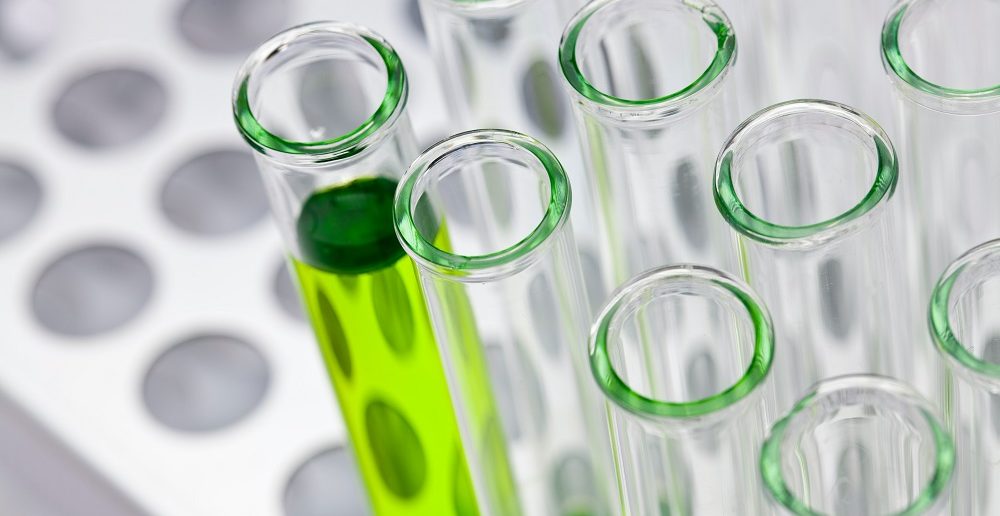Governments, industry and academia are coming together to find solutions to the problems caused by COVID-19, which emerged in the city of Wuhan, China, in December 2019. Unsurprisingly, the life sciences and health care sectors are at the heart of the work. Health care may make most of the headlines, but the work behind the scenes in life sciences labs is just as crucial.
The demand for essential medical equipment is increasing, placing huge pressure on medical device manufacturing companies. They are being asked to accelerate production while maintaining quality and compliance with regulatory requirements. Pharmaceutical companies are working frantically to test existing medicines, such as hydroxychloroquine, to see if they may be effective against COVID-19.
The world is also eagerly awaiting vaccines that can prevent infection. Many biotechnology companies are at different stages of vaccine development. Some have identified suitable candidates, and one or two have even started early clinical trials. But even once a vaccine has been developed, the problems are not over. It must be approved by the WHO or the US Food and Drugs Administration, and then we will need to manufacture it on a global scale – all while ensuring quality and compliance with regulatory requirements.
Patents and process validation
The usual approach to pharmaceutical development – patents – is not going to work with the coronavirus. This pandemic is too big and important for any single company to be allowed to hold onto the manufacturing process. Instead, it seems likely that once a vaccine is approved, its manufacture will be licensed around the world. This, however, makes it harder to ensure the quality of the vaccine. Patents define the content. But what about manufacturing process quality? One way is through process validation.
A standard consolidated process validation system could integrate all the COVID-19 vaccine production systems into a single global environment. This would allow quicker replication of the original process and enable other biotechnology companies to use it. It would also help regulatory bodies reduce delays and errors when checking international quality and safety standards.
However, if we have learned anything from the early months of the pandemic, it is that we need to plan ahead for the next stage before it arrives. Even as laboratories work to develop vaccines, pharma and biotech companies should be putting in place systems to ramp up manufacturing – and ensure its quality.
Unprecedented collaboration
The World Health Organization defines process validation as the collection and evaluation of data from the process design stage through to commercial production, which establishes that a manufacturing process is capable of consistently delivering quality products that meet its predetermined specifications and quality attributes. This offers assurance that a process is reasonably protected against variability that could affect production output. It also means that product characteristics stay the same even when you scale up the production process.
The demand for devices, medications and vaccines across the world is likely to be huge. The production of COVID-19 vaccines may, therefore, require an unprecedented level of collaboration among biotech manufacturing companies and suppliers. It will probably need to be under the supervision of WHO or other regulatory bodies.
Improving manufacturing quality
Beyond process validation, however, there are ways in which analytics can help to improve manufacturing quality in biotech, pharmaceutical and medical device companies. Analytics solutions can help to improve enterprise quality, lower the cost of inferior quality and increase production yields. They can also help you adhere to regulatory requirements through continuous process verification monitoring. For example, analytics systems linked to IoT in manufacturing can improve quality pass rates and equipment performance and achieve process optimization.
For example, one global pharmaceutical company that implemented an analytics system linked to IoT improved its adherence to regulatory guidelines with a simplified and standard global process. It reduced stability reporting time by 94% and the batch failure rate from 10% to 1%. Widespread adoption of these systems could have a huge impact on global production capacity. An additional 9% per batch on a global scale is a lot of vaccine.
COVID-19 and beyond
In the immediate future, the focus is very much on the development of vaccines and possible medicines for COVID-19. However, if we have learned anything from the early months of the pandemic, it is that we need to plan ahead for the next stage before it arrives. Even as laboratories work to develop vaccines, pharma and biotech companies should be putting in place systems to ramp up manufacturing – and ensure manufacturing quality. Analytics is likely to be an essential partner in this effort.
Stay informed. Stay empowered. COVID-19 Data Analytics Resource Hub.

